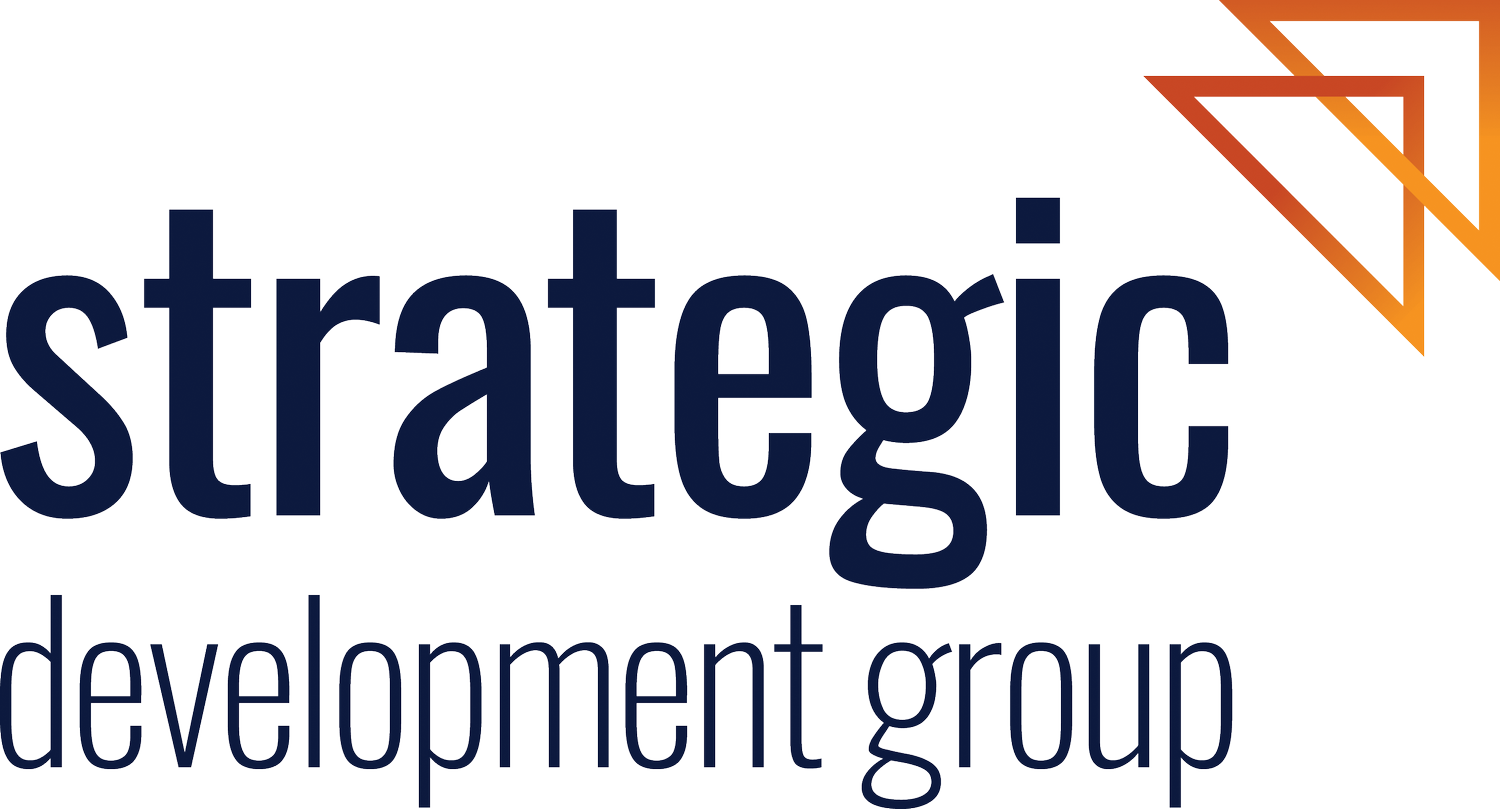Department of Foreign Affairs and Trade (DFAT) - Protracted Crises, Resilience and Partnerships Branch
October 2019 – June 2023
THE CHALLENGE
The Syria conflict is one of the largest humanitarian and security crises facing the world today, now entering its 11th year (2023). As at June 2022, the UN estimated 14.6 million people in Syria were in need of humanitarian assistance, including over 6.5 million children.
Over half the population has been forced from their homes; and over 6.8 million people have fled the violence in Syria, with the majority fleeing to neighbouring countries, including Lebanon, Jordan, Türkiye, Iraq and Egypt.
In 2016, Australia committed to a three-year $220 million Syria Crisis Humanitarian and Resilience Package. This was Australia’s first multiyear package in response to a protracted crisis.
Strategic Development Group was contracted in 2019 to design the second Syria Humanitarian and Resilience Package, valued at $180 million over three years, covering affected populations within Syria, and host and refugee communities in Jordan and Lebanon.
The package is Australia’s contribution to national and international efforts - it saves lives, alleviates suffering, and enhances the protection, resilience and self-reliance of crisis-affected people in Syria, Jordan and Lebanon.
The objective of the package is:
To support international and national efforts to meet the needs of the most vulnerable crisis-affected people in Syria, Jordan and Lebanon, and to promote stability, self-reliance and resilience within communities in Syria and in hosting countries.
THE SOLUTION
Design
We completed a full design following DFAT's standards, drawing on the lessons learned in the first package. This involved consultations with UN agencies, international humanitarian donor governments and representatives from Jordanian government and civil society organisations in Australia, Lebanon and Jordan.
We adapted the design process and product to manage many changes in the policy and operating context, namely: Insecurity in Lebanon; change in policy direction; and COVID onset. In addition, we developed a communication strategy for the package.
During our engagement, we worked closely and collaboratively with DFAT’s Humanitarian Partnership Division, the Middle East and Africa Division, and the Amman and Beirut diplomatic Posts. We engaged with a diverse range of humanitarian partners that are delivering Australia’s response to the regional crisis, including UN agencies, local national NGOs and Australian NGOs.
Monitoring and Reporting
We provided DFAT with monitoring, evaluation, learning (MEL) and reporting support over a three-year period to June 2023.
This consisted of updating the monitoring, evaluation, and learning system, and putting in place a practical, efficient process and designed tools to support the monitoring, learning and reporting process.
We introduced 6 monthly team reflection and learning workshops, involving the DFAT Canberra team and Posts to support internal team learning and to inform the 6-month reports.
We supported DFAT’s Protracted Crises, Resilience and Partnerships Branch in meeting their annual progress and performance reporting requirements.
THE OUTCOME
We delivered a three-part design that guided Australia’s humanitarian response to the Syria Crisis.
We developed a practical MEL system as well as tools that were applied effectively. This helped DFAT meet their accountability and reporting requirements, and generated data for learning and reflection that were then applied to inform strategic decision making and implementation plans.
We remained responsive, and provided consistent inputs over an almost 4-year period – making us a trusted partner for DFAT staff, and one of the few contractors to have experience in protracted crises.
Click here for more information on Australia’s response to the Syrian crisis.


